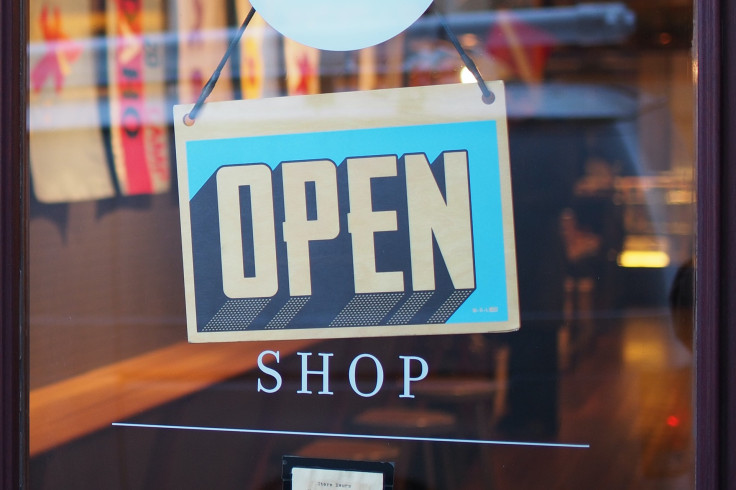
NEW YORK CITY - Entrepreneurial activity during 2020 dramatically rose as people repositioned their goals, their employment status changed and consumer behavior shifted. Four years later, as sectors of the economy are still accommodating to the changes seen during Covid times, one aspect remains high— the growth of Latino businesses.
Latin American immigrants are starting businesses at more than twice the rate of the U.S. population as a whole, The Wall Street Journal reported based on data from the Census Bureau.
The jump in Latino entrepreneurship levels has driven up the overall share of new businesses owned by immigrants, who accounted for 36% of launches last year compared with 25% in 2019, the report showed. By comparison, new business creation by white and native-born Americans has slowed in the past two years, following a broad surge early in the pandemic.
Immigrant businesses have maintained their momentum throughout these years despite challenging environments. One reason for this? The type of businesses they offer.
Food and delivery services, a large sector within Latino businesses created, have experienced increased demand since the onset of the pandemic, said Robert Fairlie, an economist at the University of California, Los Angeles, who analyzed the census data.
"Those kinds of things are exactly the kinds of industries or businesses immigrants have done well with in the past," said Fairlie, who focused on new ventures that are their owners' primary sources of income. "Covid has put us on a different trajectory."
In some cases, entrepreneurship is an outstanding option for immigrants, particularly undocumented ones, since it doesn't require work authorization or a Social Security number. For others, it's a matter of necessity, as limited proficiency in English and lack of American credentials can make it increasingly difficult to find a job.
Food in particular is an attractive choice for many immigrant entrepreneurs as it requires minimal capital investment or proficiency in English and offers flexible hours. Fellow immigrants are also often eager for foods that remind them of home, the Journal notes.
Deisy Vivas works making Venezuelan food: arepas, empanadas and tequeños, selling them at farmers markets and other events. She moved to the U.S. in 2016 from Venezuela, where she worked as a dentist.
Vivas lost her job as a dental assistant during the pandemic. She would then go on to launch Venezuela Food with her husband Wilmer Vera. The pair used $5,000 in savings and a small grant to purchase a tent, a gas stove and the kitchen equipment.
"No one else was making Venezuelan food," said her 18-year-old-daughter, Maria Grecia, who designed a tent canopy, handles paperwork and serves as a translator. She added that the family's goal is to start a restaurant.
About half of Latino business owners are immigrants, compared with 7% of non-hispanic white business owners, according to an analysis by the Stanford Latino Entrepreneurship Initiative, which studied businesses with employees and at least $10,000 in revenue.
But despite many stories of success, obstacles are still present.
Forty-two percent of startups with Hispanic owners were denied credit, compared with 25% of startups with white owners, according to data from the 2022 Federal Reserve Small Business Credit Survey.
Hispanic startups also tend to be smaller, the study found, with 46% reporting more than $100,000 in annual revenue compared with 62% of white-owned firms, according to the analysis.
Many immigrants, regardless of their status, have thin credit lines, weak banking ties and few assets, said Luz Urrutia, chief executive of the nonprofit lender Accion Opportunity Fund.
"One of the biggest obstacles there was this expectation to already be bringing a large amount of revenue as a company. We were just not there yet," Co-founder of Oso Adventure Meals, a Denver-based maker of enchilada bowls, huevos rancheros and posole for backcountry travelers said.
© 2025 Latin Times. All rights reserved. Do not reproduce without permission.





